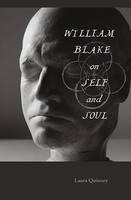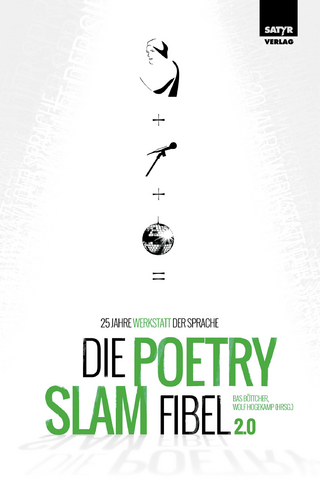
William Blake on Self and Soul
Seiten
2010
Harvard University Press (Verlag)
978-0-674-03524-9 (ISBN)
Harvard University Press (Verlag)
978-0-674-03524-9 (ISBN)
It has been clear from the beginning that William Blake was both a political radical and a radical psychologist. In William Blake on Self and Soul, Laura Quinney uses her sensitive, surprising readings of the poet to reveal his innovative ideas about the experience of subjectivity.
Blake’s central topic, Quinney shows us, is a contemporary one: the discomfiture of being a self or subject. The greater the insecurity of the “I” Blake believed, the more it tries to swell into a false but mighty “Selfhood.” And the larger the Selfhood bulks, the lonelier it grows. But why is that so? How is the illusion of “Selfhood” created? What damage does it do? How can one break its hold? These questions lead Blake to some of his most original thinking.
Quinney contends that Blake’s hostility toward empiricism and Enlightenment philosophy is based on a penetrating psychological critique: Blake demonstrates that the demystifying science of empiricism deepens the self’s incoherence to itself. Though Blake formulates a therapy for the bewilderment of the self, as he goes on he perceives greater and greater obstacles to the remaking of subjectivity. By showing us this progression, Quinney shows us a Blake for our time.
Blake’s central topic, Quinney shows us, is a contemporary one: the discomfiture of being a self or subject. The greater the insecurity of the “I” Blake believed, the more it tries to swell into a false but mighty “Selfhood.” And the larger the Selfhood bulks, the lonelier it grows. But why is that so? How is the illusion of “Selfhood” created? What damage does it do? How can one break its hold? These questions lead Blake to some of his most original thinking.
Quinney contends that Blake’s hostility toward empiricism and Enlightenment philosophy is based on a penetrating psychological critique: Blake demonstrates that the demystifying science of empiricism deepens the self’s incoherence to itself. Though Blake formulates a therapy for the bewilderment of the self, as he goes on he perceives greater and greater obstacles to the remaking of subjectivity. By showing us this progression, Quinney shows us a Blake for our time.
Laura Quinney is Professor of English, Brandeis University.
* Preface * Acknowledgments * A Note on Citation * Introduction: The Impossible Self * Empiricism and Despair * Wordsworth, Plato, and Blake * The Four Zoas: Transcendental Remorse * Milton: The Guarded Gates * Jerusalem: The Will to Solitude * Notes * Bibliography * Index
| Erscheint lt. Verlag | 14.2.2010 |
|---|---|
| Verlagsort | Cambridge, Mass |
| Sprache | englisch |
| Maße | 156 x 235 mm |
| Themenwelt | Literatur ► Biografien / Erfahrungsberichte |
| Literatur ► Lyrik / Dramatik ► Lyrik / Gedichte | |
| Geisteswissenschaften ► Sprach- / Literaturwissenschaft ► Anglistik / Amerikanistik | |
| Geisteswissenschaften ► Sprach- / Literaturwissenschaft ► Literaturgeschichte | |
| Geisteswissenschaften ► Sprach- / Literaturwissenschaft ► Literaturwissenschaft | |
| ISBN-10 | 0-674-03524-0 / 0674035240 |
| ISBN-13 | 978-0-674-03524-9 / 9780674035249 |
| Zustand | Neuware |
| Informationen gemäß Produktsicherheitsverordnung (GPSR) | |
| Haben Sie eine Frage zum Produkt? |
Mehr entdecken
aus dem Bereich
aus dem Bereich
Deutsche Gedichte aus zwölf Jahrhunderten
Buch | Hardcover (2023)
C.H.Beck (Verlag)
CHF 41,90
25 Jahre Werkstatt der Sprache
Buch | Softcover (2020)
SATYR Verlag
CHF 27,90


